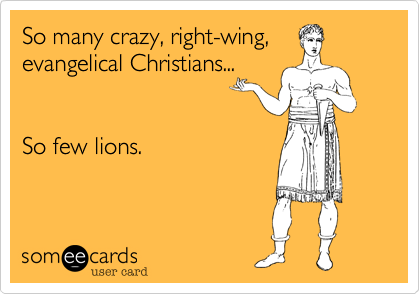Guno צְבִי
We fight, We win, Am Yisrael Chai
Early on in “Narrative of the Life of Frederick Douglass,” the first of three autobiographies Douglass wrote over his lifetime, he recounts what happened—or, perhaps more accurately, what didn’t happen—after his master, Thomas Auld, became a Christian believer at a Methodist camp meeting. Douglass had harbored the hope that Auld’s conversion, in August, 1832, might lead him to emancipate his slaves, or at least “make him more kind and humane.” Instead, Douglass writes, “If it had any effect on his character, it made him more cruel and hateful in all his ways.” Auld was ostentatious about his piety—praying “morning, noon, and night,” participating in revivals, and opening his home to travelling preachers—but he used his faith as license to inflict pain and suffering upon his slaves. “I have seen him tie up a lame young woman, and whip her with a heavy cowskin upon her naked shoulders, causing the warm red blood to drip; and, in justification of the bloody deed, he would quote this passage of Scripture—‘He that knoweth his master’s will, and doeth it not, shall be beaten with many stripes,’ ” Douglass writes. Douglass is so scornful about Christianity in his memoir that he felt a need to append an explanation clarifying that he was not an opponent of all religion. In fact, he argued that what he had written about was not “Christianity proper,” and labelling it as such would be “the boldest of all frauds.” Douglass believed that “the widest possible difference” existed between the “slaveholding religion of this land” and “the pure, peaceable, and impartial Christianity of Christ.”
now in 2020
nearly two-thirds of white Christians over all said that killings of African-American men by the police are isolated incidents rather than part of a broader pattern of mistreatment; and more than six in ten white Christians disagreed with the statement that “generations of slavery and discrimination have created conditions that make it difficult for blacks to work their way out of the lower class.” In his new book, “White Too Long” (Simon & Schuster), Robert P. Jones, the head of the Public Religion Research Institute, a nonpartisan polling and research organization, marshals this and other data to lay out a startling case that “the more racist attitudes a person holds, the more likely he or she is to identify as a white Christian.”
https://www.newyorker.com/books/under-review/american-christianitys-white-supremacy-problem
now in 2020
nearly two-thirds of white Christians over all said that killings of African-American men by the police are isolated incidents rather than part of a broader pattern of mistreatment; and more than six in ten white Christians disagreed with the statement that “generations of slavery and discrimination have created conditions that make it difficult for blacks to work their way out of the lower class.” In his new book, “White Too Long” (Simon & Schuster), Robert P. Jones, the head of the Public Religion Research Institute, a nonpartisan polling and research organization, marshals this and other data to lay out a startling case that “the more racist attitudes a person holds, the more likely he or she is to identify as a white Christian.”
https://www.newyorker.com/books/under-review/american-christianitys-white-supremacy-problem
Last edited:

